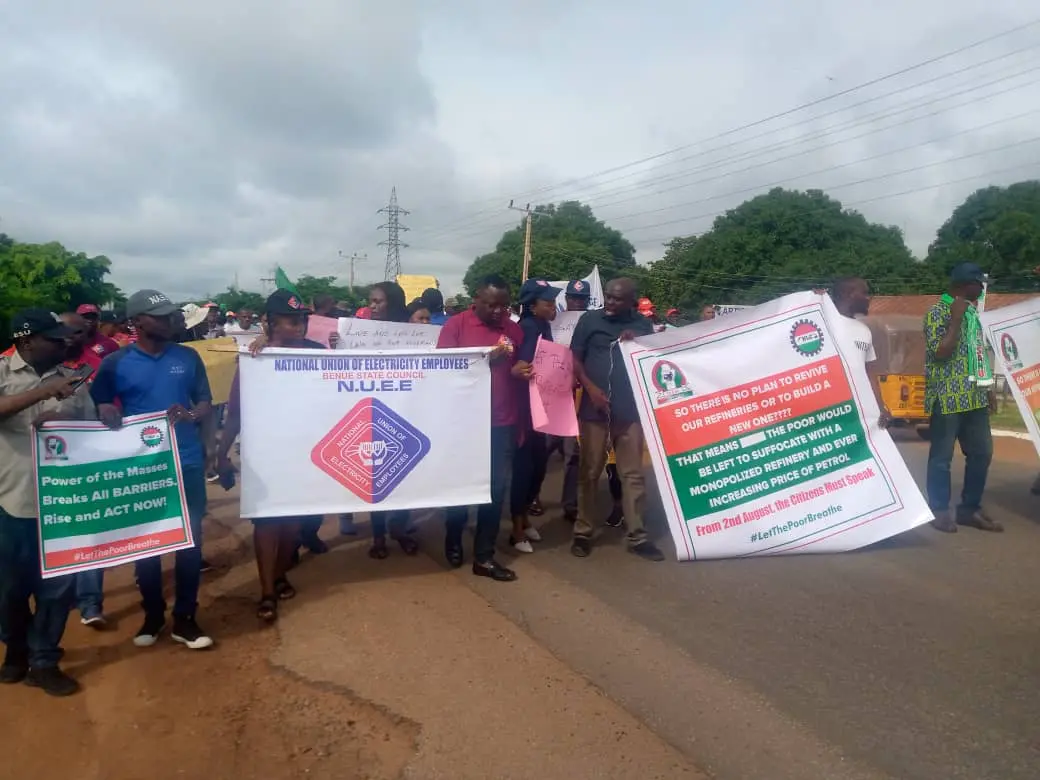The issue of subsidies has long been a contentious topic in Nigeria, sparking heated debates and protests across the nation.
The Nigerian government’s attempts to reduce subsidy expenditure have often faced resistance from various labor unions. However, the Yoruba Council, a prominent regional socio-cultural organization, is now urging labor unions and citizens not to restrict their discussions solely to the federal government but to also hold state governments accountable for their roles in subsidy management. In this blog post, we will explore the Yoruba Council’s call for broader discussions on subsidies, the reasons behind it, and the potential implications of this perspective.
The Subsidy Conundrum
Subsidies have been a longstanding policy in Nigeria, aimed at reducing the cost of essential goods and services for citizens. However, the implementation of subsidies has been marred by inefficiencies, corruption, and mounting fiscal pressures on the government. Over the years, the federal government has struggled to strike a balance between the social welfare aspect of subsidies and the economic burden they impose.
Expanding the Dialogue
The Yoruba Council’s call for inclusive discussions on subsidies marks a significant shift in the national discourse. Traditionally, labor unions and civil society have focused their protests and demands on the federal government, often overlooking the role of state governments. The Council contends that state governments are not only passive beneficiaries of subsidies but also actively involved in policy-making and implementation.
Highlighting State Government’s Roles
State governments wield considerable influence over subsidy management, especially in key areas such as education, healthcare, and transportation. They have the authority to determine the allocation of funds and the extent of subsidy benefits within their respective states. Consequently, holding state governments accountable can bring about a more nuanced and targeted approach to subsidy allocation, addressing regional disparities and maximizing the impact of subsidies.
READ ALSO: Akmodel Homes And Properties Akmar Hilltop Akwa Branch First Allocation
Ensuring Transparency and Accountability
By shifting the focus to state governments, the Yoruba Council aims to promote transparency and accountability in subsidy management. The Council encourages labor unions to engage in constructive dialogues with state authorities, demanding greater transparency in subsidy allocation and utilization. This approach can help curb corrupt practices and ensure that subsidies reach the intended beneficiaries, ultimately improving the overall welfare of the citizens.
Enhancing Subsidy Efficiency
Another significant aspect of the Yoruba Council’s perspective is the potential to enhance the efficiency of subsidy programs. Each state has unique challenges and priorities, and a decentralized approach to subsidy management can facilitate tailor-made solutions. By involving state governments in the decision-making process, labor unions can advocate for well-targeted subsidies that effectively address the specific needs of their constituents.
Conclusion
The Yoruba Council’s call for labor unions and citizens to broaden their discussions on subsidies by holding state governments responsible is a pivotal step towards a more holistic and effective subsidy management system. By recognizing the role of state governments in subsidy policy, this approach seeks to foster transparency, accountability, and efficiency in the allocation and utilization of subsidies. As the nation continues to grapple with the complexities of subsidy reform, this new perspective offers a promising pathway for achieving a fair and sustainable subsidy regime that benefits all Nigerians.




























































